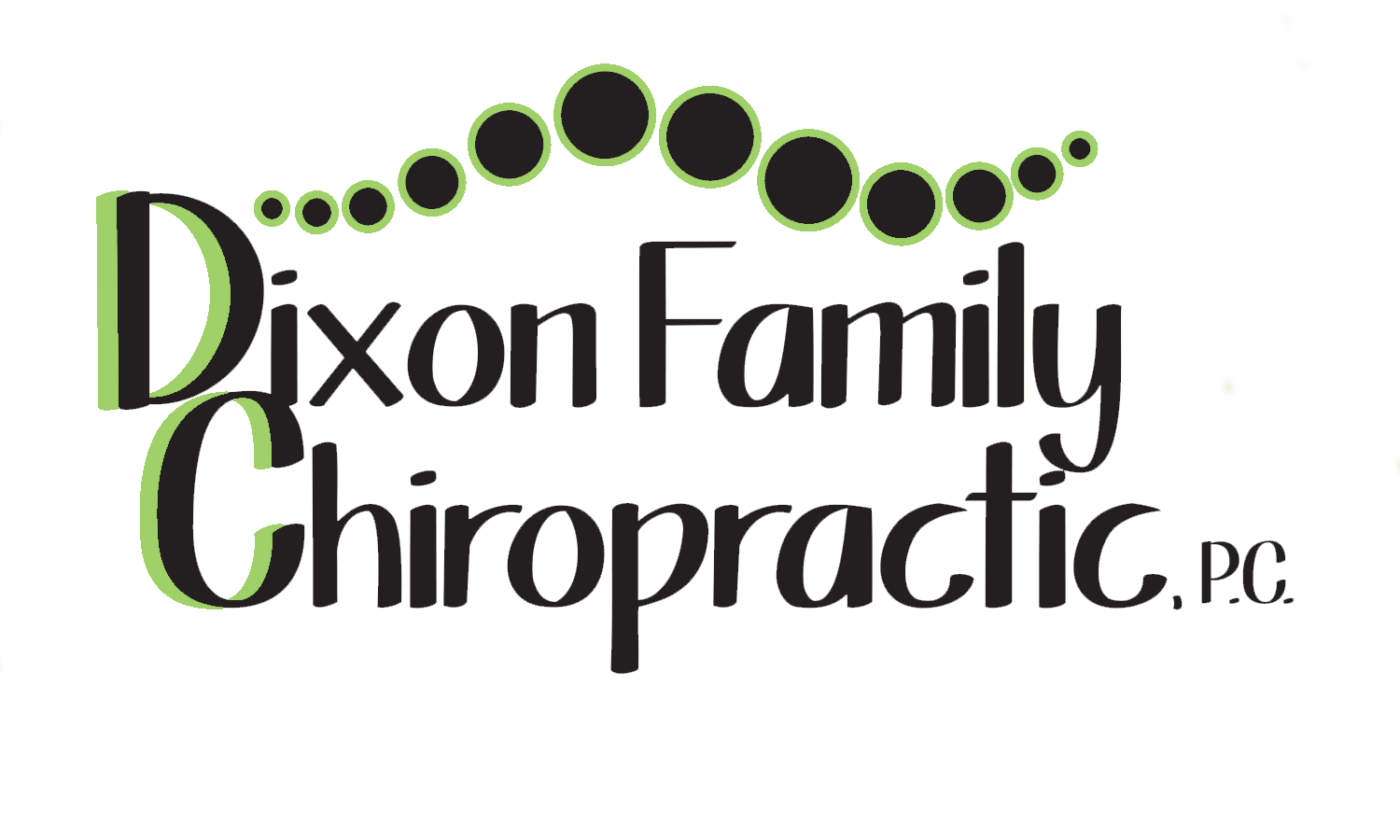Chew Your Food
A Simple trick to Losing Weight and Enhancing the Digestive System
Chewing is often taken for granted, but its impact on overall health and digestion should not be overlooked. Research has shown that proper chewing plays a vital role in promoting optimal digestion and nutrient absorption, as well as supporting various aspects of well-being. In fact, one third of the digestive process occurs in the mouth if you chew your food thoroughly. Let’s explore the importance of chewing and how it can positively impact your weight and Digestive System.
Do this test: count the number of times you chew your food. If you chew less than 20 times, reading this article may significantly improve your health and help you lose weight.
Five reasons to focus on chewing your food more:
1. Improved Nutrient Absorption
Properly chewing food breaks it down into smaller particles, making it easier for the body to extract vital nutrients. The digestive enzymes in your saliva, such as amylase, lipase, and protease, begin the breakdown process, particularly for carbohydrates, fats, and proteins, respectively.
By thoroughly chewing food, you enhance the availability and absorption of essential nutrients, ensuring that your body receives maximum benefit from the foods consumed. This can contribute to improved energy levels, enhanced immunity, and overall better nourishment.
Dental health is also positively impacted by good chewing habits as it helps prevent dental problems.
2. Enhanced Digestion
Chewing initiates, the release of digestive enzymes, which further aid in breaking down food and facilitating digestion. As you chew, signals are sent to your stomach, preparing it for the incoming food. This process triggers the production of gastric juices, including hydrochloric acid and pepsin, which help break down proteins. Insufficient chewing can lead to incomplete digestion, causing discomfort, bloating, and other digestive issues.
Thorough chewing also promotes the secretion of bile from the gallbladder and digestive enzymes from the pancreas, which are crucial for the breakdown of fats and carbohydrates. By thoroughly chewing food, you not only optimize the breakdown of nutrients but also promote smoother digestion and alleviate the strain on your Digestive System.
3. Weight Management
Did you know that chewing can also support weight management efforts? When you chew your food properly, it allows your brain to receive signals of satiety more accurately. This can prevent overeating and help maintain a healthy weight. Studies show you eat 12% less if you chew your food 32 times!
Chewing slowly and mindfully gives the body time to register fullness, reducing the chances of mindless snacking or reaching for unnecessary calories. Additionally, the act of chewing stimulates the release of hormones, such as leptin, which help regulate appetite and promote feelings of fullness. By paying attention to your chewing habits, you can support your weight management goals and develop a healthier relationship with food.
Chewing can also affect our mood by influencing the release of hormones that affect our emotions. Good chewing habits impact overall health and wellbeing.
4. Reduced Digestive Discomfort
By chewing food thoroughly, you break it down into smaller, more manageable pieces, reducing the strain on your Digestive System. This can alleviate common digestive discomforts such as bloating, gas, and indigestion.
Adequate chewing also promotes the production of saliva, which contains enzymes like salivary amylase that help initiate carbohydrate digestion. Saliva also acts as a natural lubricant, facilitating the smooth movement of food through the esophagus and into the stomach. Furthermore, chewing stimulates the secretion of mucus in the stomach lining, which protects it from gastric acid and prevents the development of ulcers. By incorporating mindful chewing into your eating routine, you can minimize digestive discomfort and promote a healthier Digestive System.
5. Increased Mindful Eating
Chewing food slowly and mindfully promotes a deeper connection with your meals. It allows you to fully experience the flavors, textures, and aromas of the food, enhancing the overall dining experience. By taking the time to chew, you engage your senses and appreciate the sensory aspects of eating.
Chewing may seem like a simple and automatic process, but it holds great significance when it comes to our digestive health and overall well-being. By taking the time to chew food thoroughly and mindfully, you can improve nutrient absorption, support digestion, manage your weight, reduce digestive discomfort, and foster a deeper connection with your meals.
This practice not only enhances your enjoyment of meals but also helps you tune in to your body’s hunger and fullness cues. By focusing on the act of chewing, you become more present and aware of the nourishment your body needs, leading to a healthier relationship with food and better overall eating habits. Mindful chewing can also reduce the tendency to overeat and encourage a greater appreciation for the quality of the food you consume.
The next time you sit down for a meal, remember the power of chewing and savor each bite for the benefit of your digestive health. Start incorporating mindful chewing into your daily routine and experience the positive impact it can have on your overall wellness. Remember, proper chewing habits can have a significant impact on your weight loss journey.
By taking the time to chew food thoroughly and mindfully, we can improve our digestion, boost our metabolism, and prevent overeating. So, let’s chew our way to a healthier and happier self!
Video of the Week:



